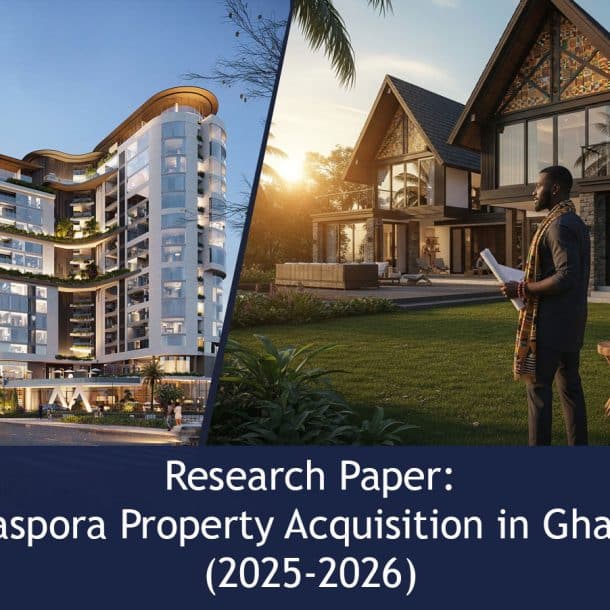
The Ghanaian real estate sector, especially in key markets such as Accra, presents vast opportunities for high-net-worth individuals and institutional investors. However, achieving consistent success in this market requires disciplined due diligence focused on the reliability and financial strength of developers. While the industry continues to grow steadily, two major risks persist: complex land title disputes and the recurring issue of project delays or failure caused by developer financial instability.
Table of Contents
ToggleTo navigate these challenges, the Developer Trust Framework (DTF) provides a structured model for evaluating a developer’s capacity to deliver projects on time and within budget while maintaining full legal compliance. The DTF evaluates developers based on five key pillars: Legal Certainty, Financial Resilience, Proven Execution, Quality Assurance, and Post-Acquisition Support. These pillars form an objective benchmark for determining trustworthiness and long-term reliability.
Ghana’s rapid urbanization has created a high demand for private developers to complement government efforts in providing modern housing. In many cases, developers have evolved into full-scale urban planners, delivering self-contained communities complete with essential amenities such as roads, security, and water systems. This means that assessing a developer’s capacity must go beyond their ability to build individual units; it must also consider their capability to deliver integrated infrastructure that sustains long-term livability and property appreciation.
The institutional landscape for real estate development in Ghana involves both private associations and government regulators. The Ghana Real Estate Developers Association (GREDA) acts as a professional body promoting ethical standards and facilitating collaboration among developers, banks, and government agencies. Membership in GREDA reflects professional credibility but should not replace independent verification of a developer’s compliance with statutory regulations.
The Real Estate Agency Council (REAC) serves as the primary public oversight authority. Investors can verify the licensing status of developers and report misconduct or illegal operations through REAC’s public database. Effective due diligence requires checking both GREDA membership for professional standing and REAC’s registry for legal legitimacy, ensuring that investments are shielded from regulatory or legal risks.
The complexity of Ghana’s land ownership system represents the single greatest risk to real estate investment. Overlapping statutory and customary ownership structures have historically led to disputes that can halt development indefinitely. Investors must confirm that a developer has conducted full legal searches at the Lands Commission, Land Title Registry, and Survey Department. Additional checks for ongoing litigation or family disputes at the Chieftaincy Tribunal and probate courts are also essential.
Developers must present certified Indentures and site plans verified by licensed surveyors and endorsed by regional authorities. Without this verification, investors risk inheriting unresolved land conflicts. Legal due diligence therefore remains the foundation of any trustworthy development partnership.
Financial strength is a critical determinant of a developer’s ability to deliver projects on time. In Ghana, where mortgage financing is limited, developers often rely on installment-based payment plans, making liquidity management vital. Firms such as Trasacco Estates and Devtraco Plus set benchmarks in this category, backed by decades of experience and substantial capital reserves. Trasacco, for instance, maintains over USD 350 million in ongoing projects, illustrating deep financial stability and the ability to continue construction even during sales slowdowns.
Execution performance reflects a developer’s consistency, schedule discipline, and communication transparency. Clifton Homes stands out in this category, reporting a verified 100 percent on-time delivery record across multiple developments in Accra. This reliability directly reduces the investor’s risk of delayed rental income. Similarly, Devtraco Plus has demonstrated transparency by addressing construction incidents publicly and professionally, showing integrity and accountability.
Quality assurance depends on internal technical capabilities and adherence to Ghana’s building codes. Developers should employ experienced engineers, architects, and construction managers who ensure compliance with statutory requirements from the Accra Metropolitan Assembly (AMA) and the Environmental Protection Agency (EPA). Verification of permits, safety inspections, and material quality certifications must form part of every investor’s due diligence checklist.
Real estate value is not determined solely at the point of purchase but also by the quality of service after handover. This pillar evaluates how developers protect the asset’s longevity and support owners after completion. Trasacco Estates offers a 12-month structural warranty along with scheduled inspections at 1, 3, 6, and 12 months after possession. Earlbeam Realty extends this with a two-year warranty on interior fittings. Devtraco Plus enhances investor returns through responsive facility management, while Quao Realty focuses on a specialized investor service model with dedicated property management and lettings teams that help clients achieve high rental yields.
Quao Realty: An emerging developer established in 2017, Quao Realty differentiates itself through investor-focused service delivery. Although it lacks the long operational history of legacy firms, its dedicated property management and lettings team provide a strong value proposition for buy-to-let investors seeking yield optimization and professional support.
Trasacco Estates Development: Recognized for capital depth and project scale, Trasacco represents the financial benchmark in Ghana’s luxury housing market. Its extensive capital base ensures completion and maintenance of quality standards regardless of market fluctuations.
Devtraco Plus: With more than 30 years of market experience and over 1,800 completed properties, Devtraco demonstrates longevity and operational transparency. Its facility management division enhances long-term asset value and provides reliable post-sales support.
Clifton Homes: Founded in 2010, Clifton Homes is known for operational efficiency, maintaining a perfect record of on-time delivery across its residential projects. The company combines stylish architecture with affordability and punctual execution, reinforcing investor confidence.
Investors should incorporate DTF principles directly into contractual terms. Clauses on on-time delivery should include financial penalties for delays, reflecting the standard set by Clifton Homes. Warranty provisions should match or exceed Trasacco’s 12-month guarantee, and developers should cover the cost of post-completion structural inspections to verify long-term quality.
For new entrants like Quao Realty, investors must mitigate execution risk by requiring stronger financial safeguards. These can include milestone-based payment schedules, third-party escrow accounts, and performance bonds tied to verified progress reports. This ensures that construction funds are released only after each phase is independently confirmed.
The Ghanaian real estate market is maturing rapidly, driven by professional developers and enhanced regulatory oversight. However, investor confidence depends on structured due diligence. The Developer Trust Framework provides a reliable guide for evaluating and partnering with credible developers, ensuring projects are delivered on time, legally secure, and supported beyond completion.
By applying these principles, investors can transform risk into opportunity, aligning financial performance with long-term property value and contributing to Ghana’s vision of sustainable urban development.
